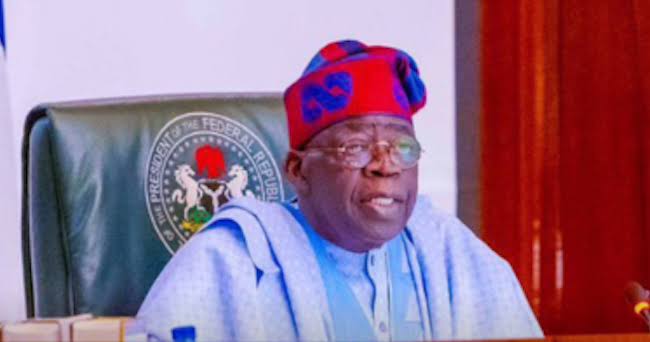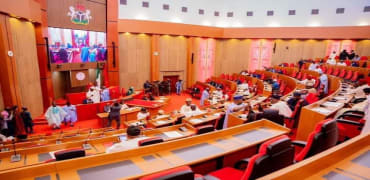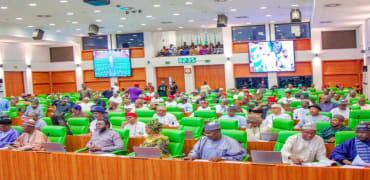Tinubu Open to Concessions as Tax Reform Sparks Nationwide Debate”
Tinubu Open to Concessions as Tax Reform Sparks Nationwide Debate”
By Achimi Muktar
ABUJA — President Bola Tinubu has signaled his willingness to make concessions on the controversial tax reform bills currently before the National Assembly. Speaking during his inaugural Presidential Media Chat on Monday, Tinubu emphasized the need for consensus on tax matters while reaffirming his commitment to the reforms.
A Willingness to Negotiate
When asked about the contentious aspects of the tax bills, particularly the Value Added Tax (VAT) component, Tinubu stated:
“Tax matters are subject to debate, review, and negotiation until you reach a consensus. That is all I am going to say about that.”
He acknowledged the necessity of adapting the tax system, adding:
“We cannot continue to do what we were doing in past years. We cannot retool the system using the old methods. I am focused on what Nigerians need and what I must do for Nigeria. It is not going to be an El Dorado for everyone.”
The Tax Bills at a Glance
The tax reform bills, proposed by the Presidential Committee on Tax Reforms and Fiscal Policy, include:
Nigeria Tax Bill 2024
Tax Administration Bill
Nigeria Revenue Service Establishment Bill
Joint Revenue Board Establishment Bill
These bills aim to overhaul Nigeria’s tax system, ensuring a more efficient and equitable framework for revenue generation. President Tinubu submitted the bills to the National Assembly on October 3, but their progress has been marred by intense controversy.
Regional Tensions and Opposition
The proposed reforms have ignited fierce opposition, particularly from northern governors who argue that the measures are skewed to benefit southern states, notably Lagos—the president’s home state. Governor Babagana Zulum of Borno State recently criticized the reforms, alleging they would disproportionately favor Lagos at the expense of northern states.
The debates have escalated into a North-South divide, with the VAT sharing formula at the center of the contention. Some northern leaders, including members of Tinubu’s party, have labeled the bills “anti-North.”
Calls for Withdrawal and Presidential Refusal
The National Economic Council (NEC), chaired by Vice President Kashim Shettima, urged the president weeks ago to withdraw the bills for further consultation. Tinubu, however, declined, insisting that the National Assembly is the proper venue for addressing concerns.
Expert Perspectives
Taiwo Oyedele, chairman of the Presidential Committee on Tax Reform and Fiscal Policy, has defended the reforms, arguing that they are designed to benefit the entire country, not just specific regions.
Legislative Challenges
Despite passing a second reading in the Senate, the bills face an uncertain fate in the House of Representatives, where opposition remains strong. During the presentation of the 2025 budget, Senate President Godswill Akpabio and Speaker of the House Abbas Tajudeen expressed their commitment to passing the bills but acknowledged the growing resistance.
What’s Next?
As debates rage on, Tinubu’s openness to negotiation could pave the way for a resolution. However, the outcome will depend on how effectively the government navigates the complex regional and political dynamics surrounding the reforms. For now, Nigerians are watching closely as the legislative process unfolds, with hopes that the final outcome will prioritize the country’s collective interest.


















